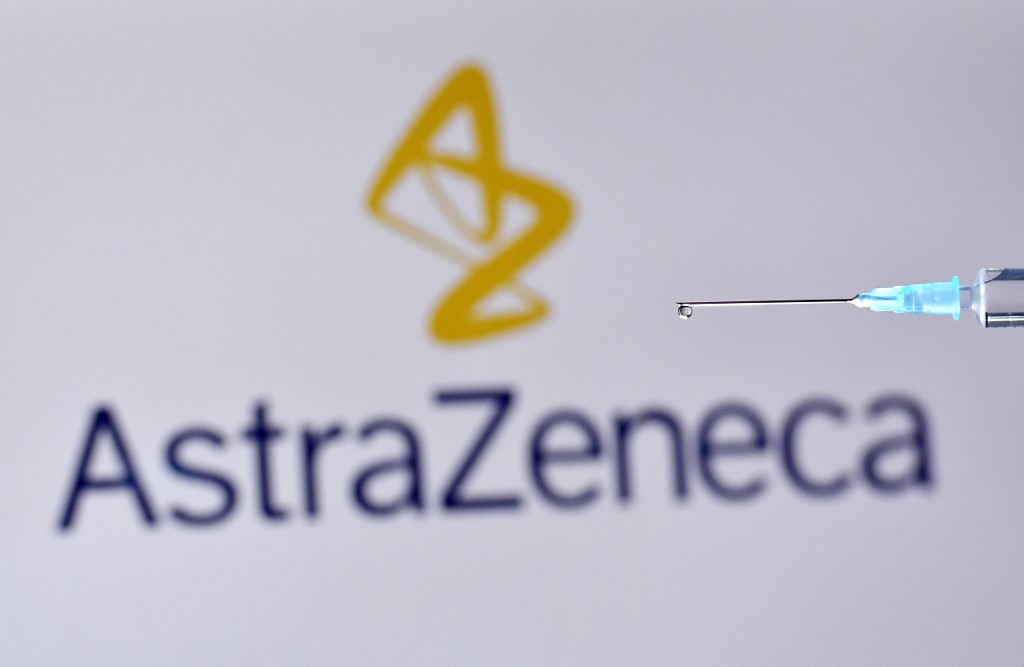The European Commission published a redacted version of its contract with drugs giant AstraZeneca on Friday, hoping to prove the company had breached a commitment on coronavirus vaccine deliveries.

File photo: AFP
Releasing the document, EU spokesman Eric Mamer said it would show that the contract covers AstraZeneca plants in the UK and that "these plants will contribute to the effort... to deliver doses to the European Union".
Brussels is furious with the pharmaceuticals company after it warned that it would only be able to deliver a fraction of the doses the EU had been expecting once the vaccine is approved for use in the bloc.
The European Medicines Agency is expected on Friday to approve the AstraZeneca vaccine, which was developed by the University of Oxford in the UK.
AstraZeneca's CEO Pascal Soriot argued in a media interview this week that deliveries of vaccine in Europe had been slowed because of glitches in its Belgian plant.
Britain, meanwhile, had signed its contract three months earlier than Brussels had and the firm used the time to resolve production problems.
But the Europe Commission reacted angrily, insisting that its contract does not stipulate that British production be reserved for UK deliveries and that it was for the firm to meet its commitments.
Mamer said that the previously confidential contract would prove that AstraZeneca had signed up for a clear delivery schedule and not simply to make its "best efforts" to serve the EU contract.
"So in our mind, there is absolutely no doubt that we have a firm commitment with the company and as with all other companies to deliver doses according to specific schedules," Mamer said.
An EU official briefing journalists on condition of anonymity pointed to key clauses in the contract to try to back up Brussels' arguments.
The official insisted they showed that plants in the UK are supposed to be involved in supplying the bloc with vaccines and that AstraZeneca had guaranteed it had no other contracts that would prevent it fulfilling the obligations to Brussels.
But swathes of the document -- including prices and delivery schedules for specific amounts of doses -- were blacked out, leaving it hard to pin down some crucial details.
The official said that 95 percent of the redactions had been made at the request of the pharmaceutical giant.
The sections that could be seen showed that the company committed to "best reasonable efforts" to manufacture and distribute the doses contained in the contract.
AstraZeneca chief Soriot had argued in his interview that this gave the firm some leeway and meant it had not made a "commitment" to Brussels.
But the EU official insisted that "best reasonable efforts" was an "objective legal standard", even though he admitted that it could be open for wrangling by lawyers.
"If we were to be before a judge, there will be quite a lot that you can argue about it," he said.


